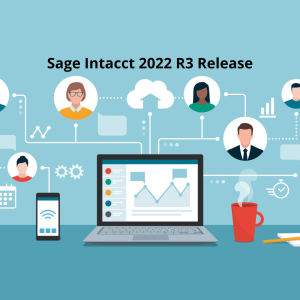Research has found that procurement, supply chain, and finance professionals are spending almost a third (31%) of their time dealing with inefficient paper-based or manual processes.
Dedicating time to these tasks can feel like an endless cycle and can cost businesses millions of pounds. It also reduces the time required to focus on strategising business growth.
Hiring new accountants specifically to deal with manual input or finance admin is one solution, but not the most efficient one.
The truth is businesses should be looking to cut out as many manual processes from their business as they can, and bringing in new personnel does not solve that issue.
A McKinsey study found that 60% of all occupations have at least 30% of activities that could be automated. Finance departments in particular has been slow to adopt automation, with only 19% of CFOs having automated nearly all of their finance processes.
Similarly, another survey found that 72% of finance teams spend up to 10 working-hours per week, or 520 hours per year on accounts payable related tasks that could be automated.
Manual processes tend to be inefficient, time-consuming, and do not allow for optimal decision making. On top of that, with so many businesses providing flexibility on where their employees choose to work following the pandemic, the challenges of keeping your business cohesive are greater than ever.
Outperforming competitors, streamlining processes, and complete accuracy are things all businesses should be striving for; by persisting with manual ways of working, particularly within finance teams, they are not providing the optimal conditions to achieve this.
Technology drives business, and failing to keep up has shown time and again to be detrimental.
Here are a few of the things your business can achieve with automation:
Greater visibility: Automation provides a clear and complete understanding of your business because everything is located in one dashboard. In addition, data is always up to date and available as soon as you require it.
Accuracy: The possibility of human error is greater with a manual approach due to the amount and complexity of the data and key person dependency. In contrast, an automated system is centralised and collects information on a real-time basis, by minimizing human intervention, the scope for errors is marginal.
Productivity: As we have explained, manual processes take up valuable time within businesses as individuals waste time and effort on low-value activities. Automation saves time and effort, and shifts resources into more progressive parts of the business.
For information on business management and finance solutions that offer a wide range of automated processes, get in touch on 0330 043 0140 or email us at info@alphalogix.co.uk to speak to a software specialist!
Request a Call Back to Discuss Sage 200.
• Organise a Personalised Demonstration of Sage 200
• Request Pricing or Organise a Quote











